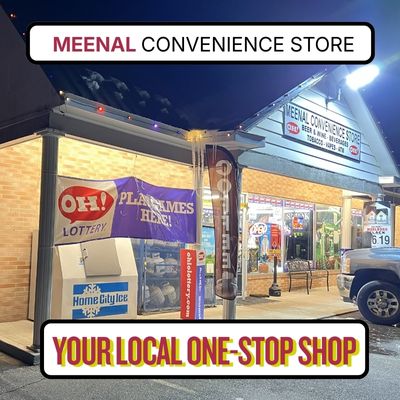By Becky Novak
Gardening can be tricky, especially when you are first starting out. It is much easier to be successful when you incorporate raised beds into your garden. A raised bed, by definition, is a garden bed that is built up instead of down, into a position that solves all manner of gardening challenges. You can create raised beds simply by heaping soil up into a pile, or by using boxes to enclose and contain garden soil. Garden boxes are often synonymous with raised beds because some retaining wall or material should be used to maintain the integrity of the bed over time.
Some of the benefits of raised bed gardening are:
- Less weeds
- Better water retention in areas that have super-sandy soil.
- Better drainage in areas with clay soils
- More growing space
- No soil compaction from human feet
- Warmer soil earlier in the season
- Warmer soil for a longer season
- Soil that has basically a neutral pH unless you add something to change it (because you are filling it)
- Less soil erosion (especially if the bed is framed)
Raised beds can be quite easy to add to any space. You can choose from aluminum corner kits for which you supply your own lumber, to complete raised bed kits in cedar, composite wood, recycled plastic, and galvanized steel. You can also consider elevated raised beds, for no-bend gardening. Most raised bed kits can be set up in minutes and last for decades
Raised beds range in height, starting at about 6″. In general, the more soil depth that is available to your plants, the more freely their roots will grow. More soil also holds more moisture, so a deeper raised bed will require less frequent watering.
It is possible to install a raised bed on poor or compacted soil, or even on concrete. If this is the situation you have, buy the deepest bed you can afford. A depth of 10-12″ is preferable. Keep in mind that the deeper the bed, the more soil you will need to fill it. You can also add compost materials at the bottom such as yard waste and wood chips to save some money.
By growing in a raised bed, you can have a productive, abundant vegetable garden — even in just a few square feet. Next time we will talk about fun plants to grow in the garden boxes! Until then~~~ happy gardening.























